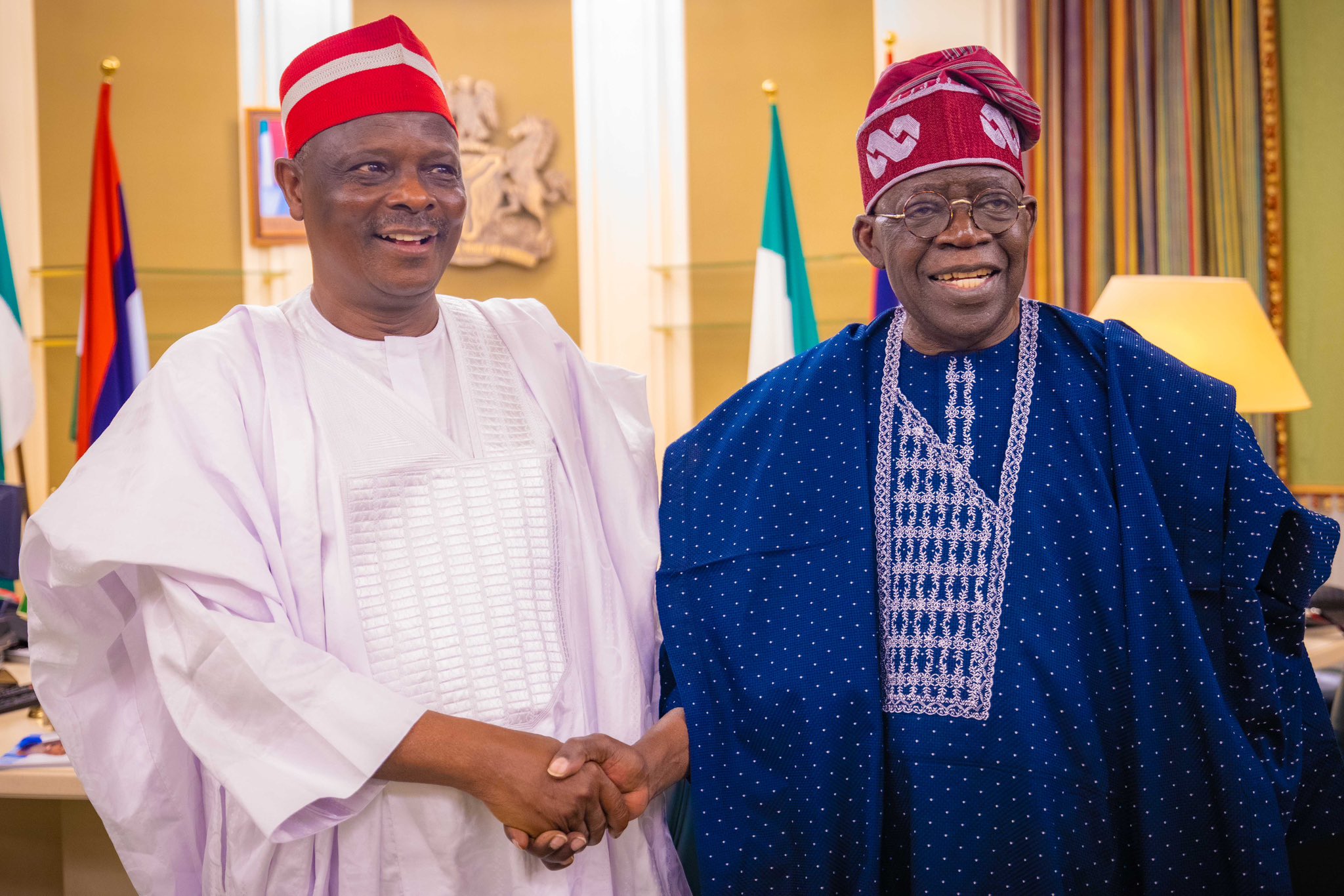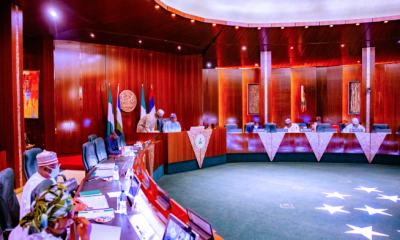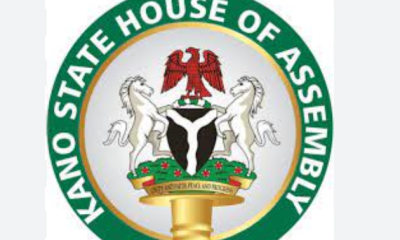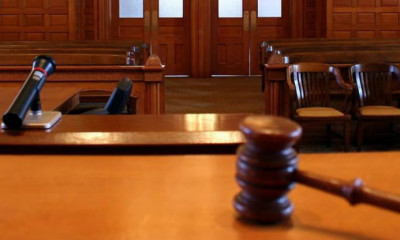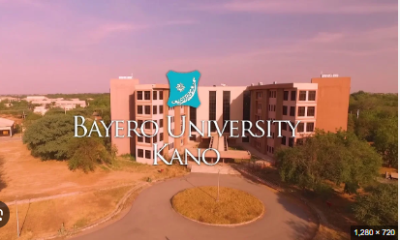The candidate of the New Nigeria Peoples Party (NNPP) in the February 25, 2023 presidential election, Rabiu Musa Kwankwaso has denied claims that he had a pre-arranged agreement with President Bola Ahmed Tinubu regarding the outcome of the Supreme Court judgment in the Kano State governorship election.
Kwankwaso made the denial in a BBC Hausa interview on Saturday.
It would be recalled that, On Friday, the Supreme Court affirmed Abba Kabir Yusuf, the NNPP candidate, as the duly elected governor of Kano State, bringing to an end a series of bitterly fought legal battles.
The former Kano State governor also, during the interview, shared his reflections on the political landscape, emphasising the importance of the lessons learned from the Supreme Court’s decision.
Acknowledging his relationship with Tinubu, Kwankwaso recounted their shared political journey, starting from their days in the Social Democratic Party (SDP) and culminating in the founding of the All Progressives Congress (APC).
He underscored that, despite any perceived differences, he and Tinubu had actively participated in political struggles together.
Dispelling rumours of pre-existing agreements, Kwankwaso stated: “To the best of my knowledge, I have not reached an agreement with anybody.”
READ ALSO: APC loses Kano, as Supreme Court reverses sack of Gov, Yusuf
He also addressed the aftermath of the Supreme Court’s decision, emphasising the need for collaboration between political parties where necessary.
He said: “We have our party; they have theirs. We will work together where necessary. On the issue of joining the government, only time can tell.”
Concerning the governor, Kabir Yusuf, Kwankwaso asserted that his role would be advisory rather than authoritative.
“Kabir Yusuf is the governor. We can only advise. I can’t rule over him even if he were a biological son. I have given him advice even before the government came in.”
On the role of the judiciary, Kwankwaso acknowledged that there were errors in previous judgements but commended the Supreme Court for rectifying these discrepancies.
He said: “If it were in other climes, those who delivered the judgments in the lower courts would quit their jobs.

 Entertainment1 week ago
Entertainment1 week ago
 Entertainment5 days ago
Entertainment5 days ago
 Comments and Issues1 week ago
Comments and Issues1 week ago
 Comments and Issues1 week ago
Comments and Issues1 week ago
 Comments and Issues1 week ago
Comments and Issues1 week ago
 Health7 days ago
Health7 days ago
 Health3 days ago
Health3 days ago
 Football7 days ago
Football7 days ago
